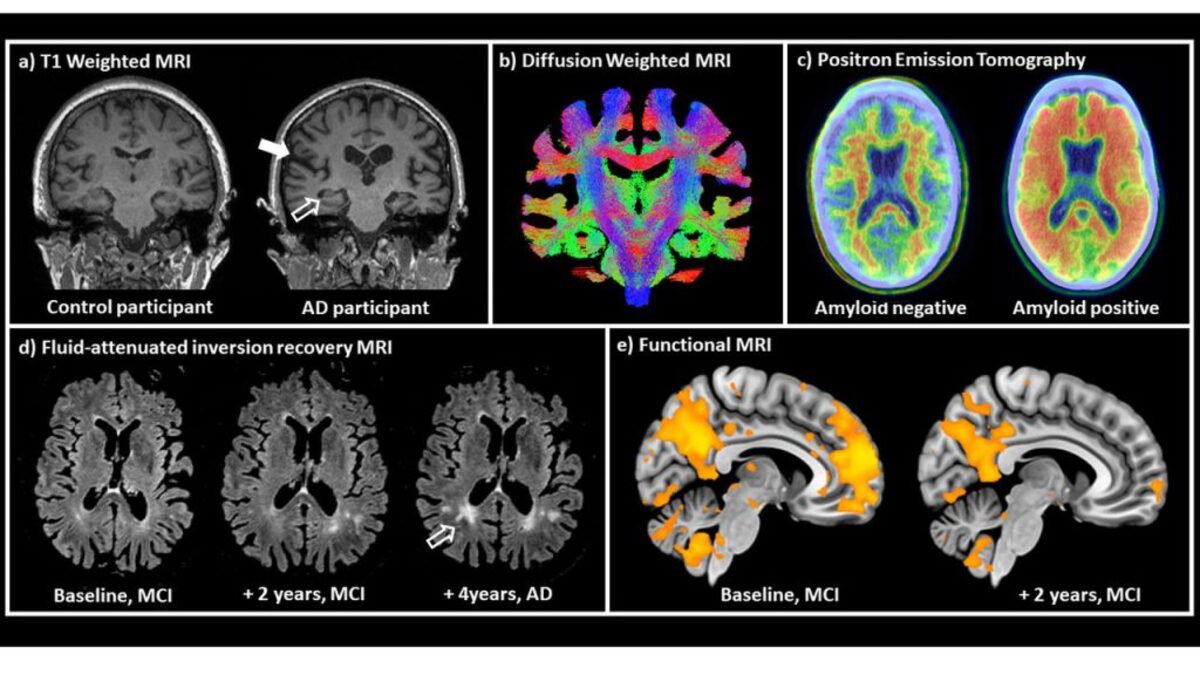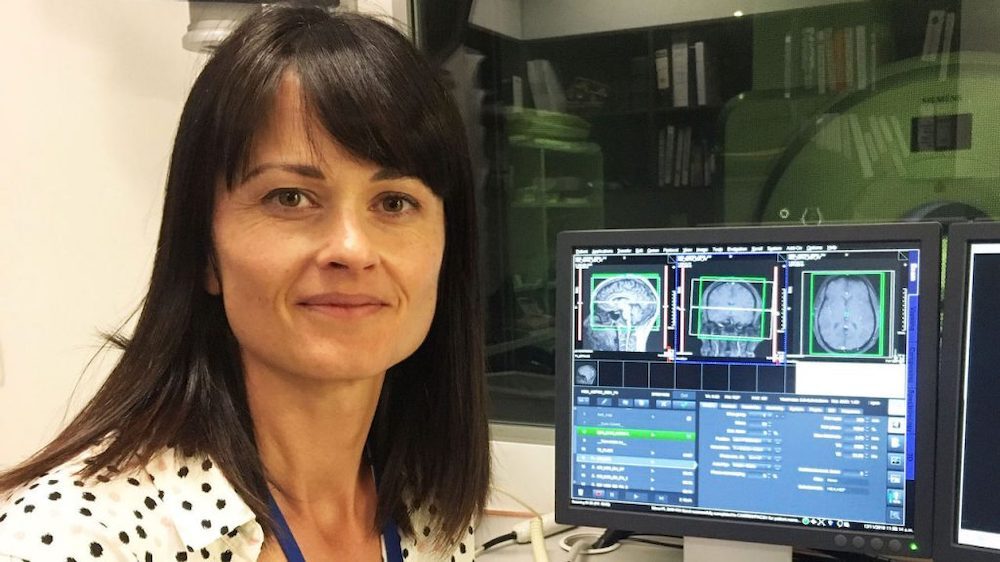Fellowship Supports Early Dementia Research
Staff Reporter
14 December 2024, 11:01 PM
 MRI Brain Scans Aid Dementia Studies
MRI Brain Scans Aid Dementia StudiesCoasties may be heartened to learn that significant strides are being made in dementia research, thanks to a fellowship awarded to a University of Auckland researcher.
Dr Catherine Morgan, a senior research fellow based at Waipapa Taumata Rau, has received nearly $600,000 through the Health Research Council's Sir Charles Hercus health research fellowship.
This funding enables her to dedicate the next four years exclusively to studying ways to predict dementia at its earliest stages.
Dr Morgan’s research focuses on the use of magnetic resonance imaging (MRI) to identify changes in the brain that may signal the onset of dementia.
Her study will utilise an extensive database of brain scans and other data collected over nine years from dementia prevention research clinics in Auckland, Christchurch, and Dunedin.
These clinics work with individuals experiencing mild cognitive impairment, a condition that involves memory loss but allows normal daily functioning.
"To be able to do this project full-time feels like a freedom," says Dr Morgan, one of the few MRI physicists in New Zealand.
She will examine thousands of variables within brain scans, such as structural changes in the hippocampus, reduced blood flow, and white matter tract abnormalities.

University of Auckland senior research fellow Dr Catherine Morgan.
Artificial intelligence will play a crucial role in analysing this data to determine which factors are the strongest predictors of dementia.
Dr Morgan's team includes notable researchers such as University of Auckland Psychology Professor Lynette Tippett and Pharmacology Professor Mike Dragunow, who is working on drugs to delay or prevent dementia.
Their collective efforts aim to identify early indicators of dementia and explore interventions that could delay its onset.
Dementia, which affects memory, thinking, and daily functioning, is a growing concern globally.
Alzheimer’s disease, the most common form, accounts for 70% of dementia cases.
Dr Morgan’s previous studies have shown reduced blood flow in the brains of individuals with mild cognitive impairment and dementia.
She is now investigating how vascular function and the blood-brain barrier—responsible for removing harmful proteins—might contribute to cognitive decline.
This latest project also incorporates innovative MRI techniques that eliminate the need for gadolinium, a metal commonly used in contrast agents but linked to potential risks for patients undergoing multiple scans.
Dr Morgan hopes her research will contribute to global efforts to combat Alzheimer’s disease.
“Even if we don’t find a cure, delaying the onset for a few years could significantly reduce the prevalence of dementia in New Zealand and globally,” she says.
Have a story to share?
Contact [email protected]
NEWS
EAT & DRINK
TRADES & PROFESSIONAL SERVICES




